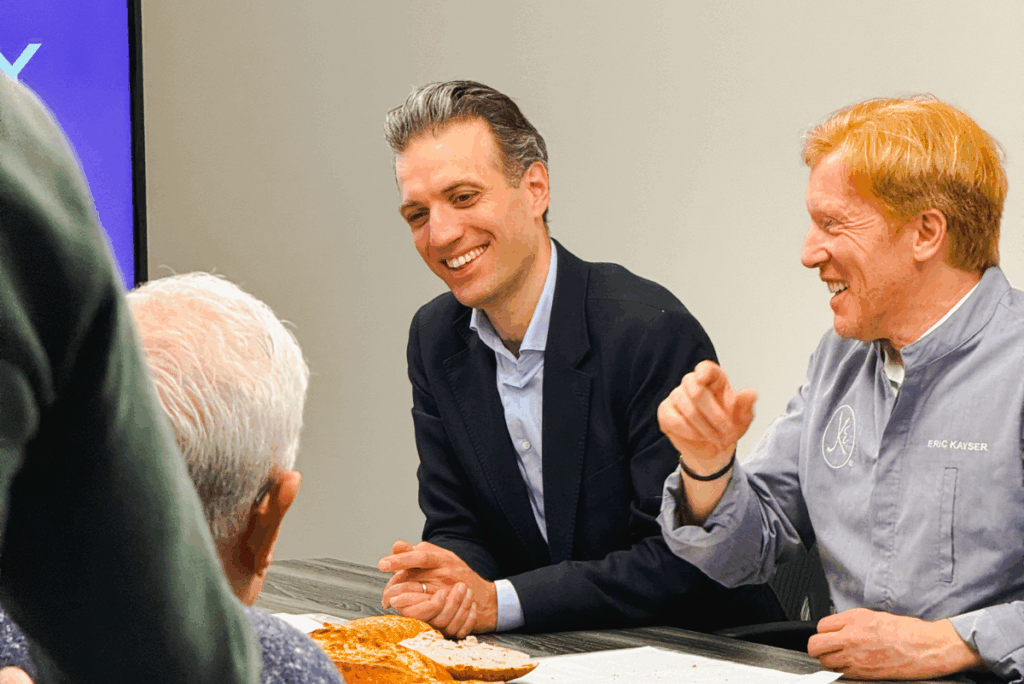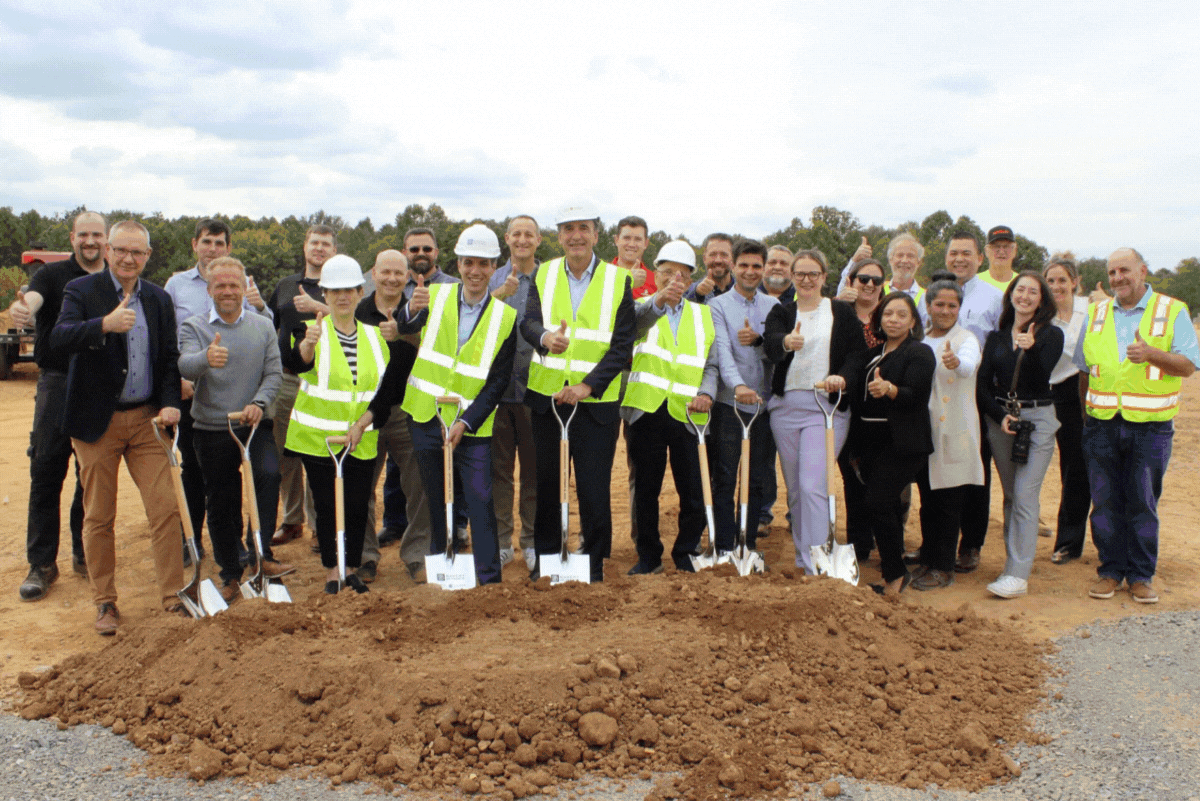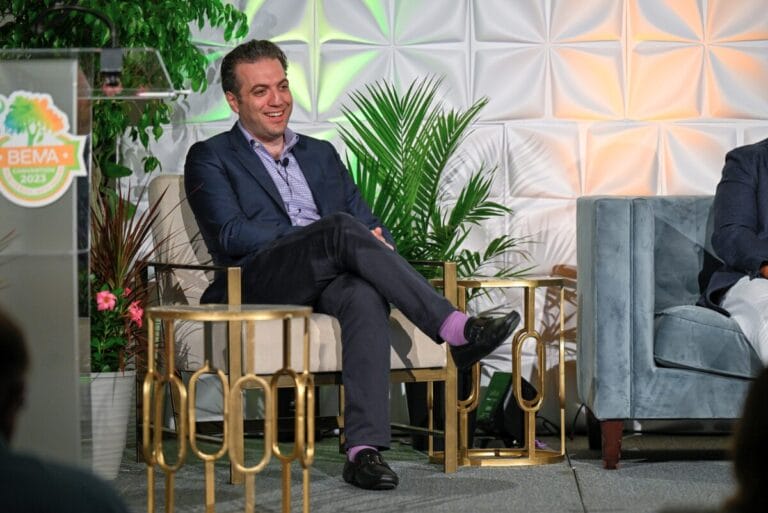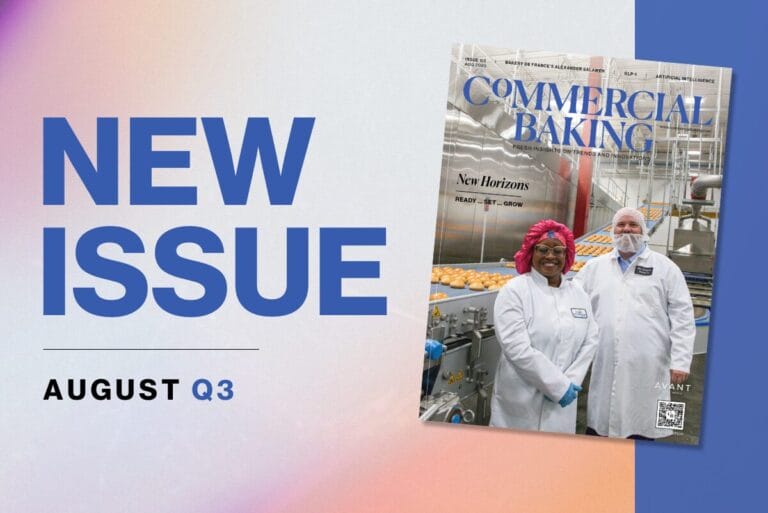KANSAS CITY, MO — While evolving trends have sparked some successful niches in the market, Alexander Salameh, CEO of Rockville, MD-based Bakery de France, remains intentionally focused on the baking company’s core product.
“The right way to make sourdough has not changed for a very long time,” he said. “As long as we stay true to that, we can continue improving on how we honor the time-tested way of making our bread.”
Focusing on product integrity — while producing at scale — has been a tenet of Salameh’s career in baking and also at the heart of his leadership.
The key, he said, is investing the time and effort to ensure alignment. It’s something that can never be taken for granted, and that’s a lesson he’s learned growing up in a family of bakers. In truth, that’s inherent in any family bakery.
While his parents are still involved with the company, Salameh takes pride in the family dynamic that exists for the business and the brand. Having worked with his parents at the bakery for decades, Salameh has put the respectful, open exchange of ideas into practice. It’s a manifestation of the need to balance modern innovation with time-honored tradition, and for Bakery de France, that’s the heart of its culture.











